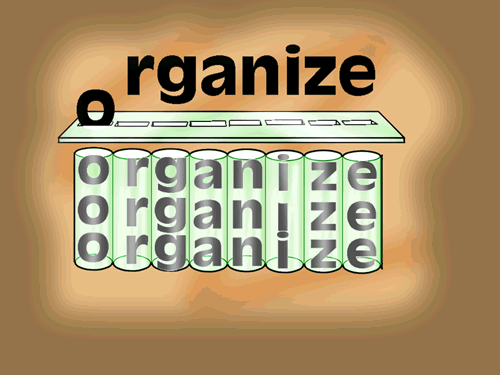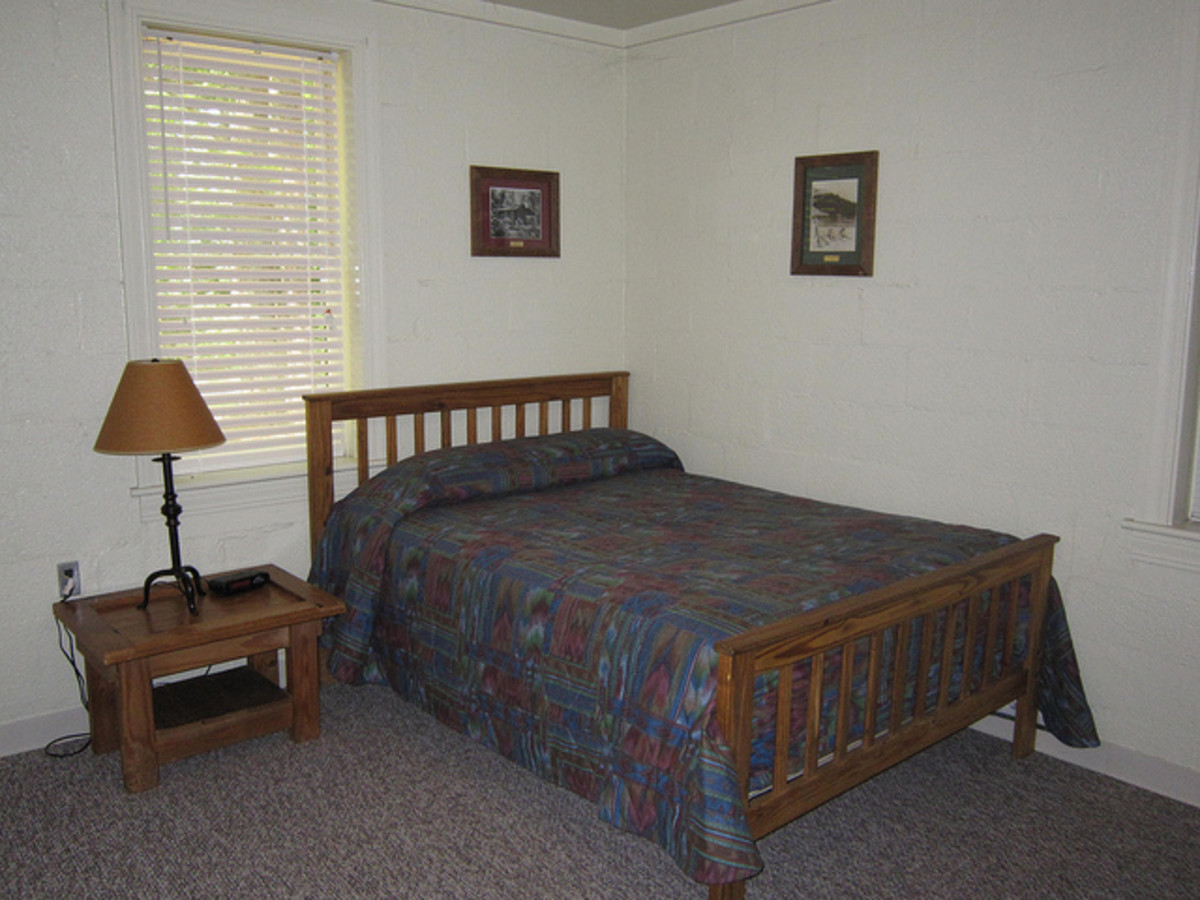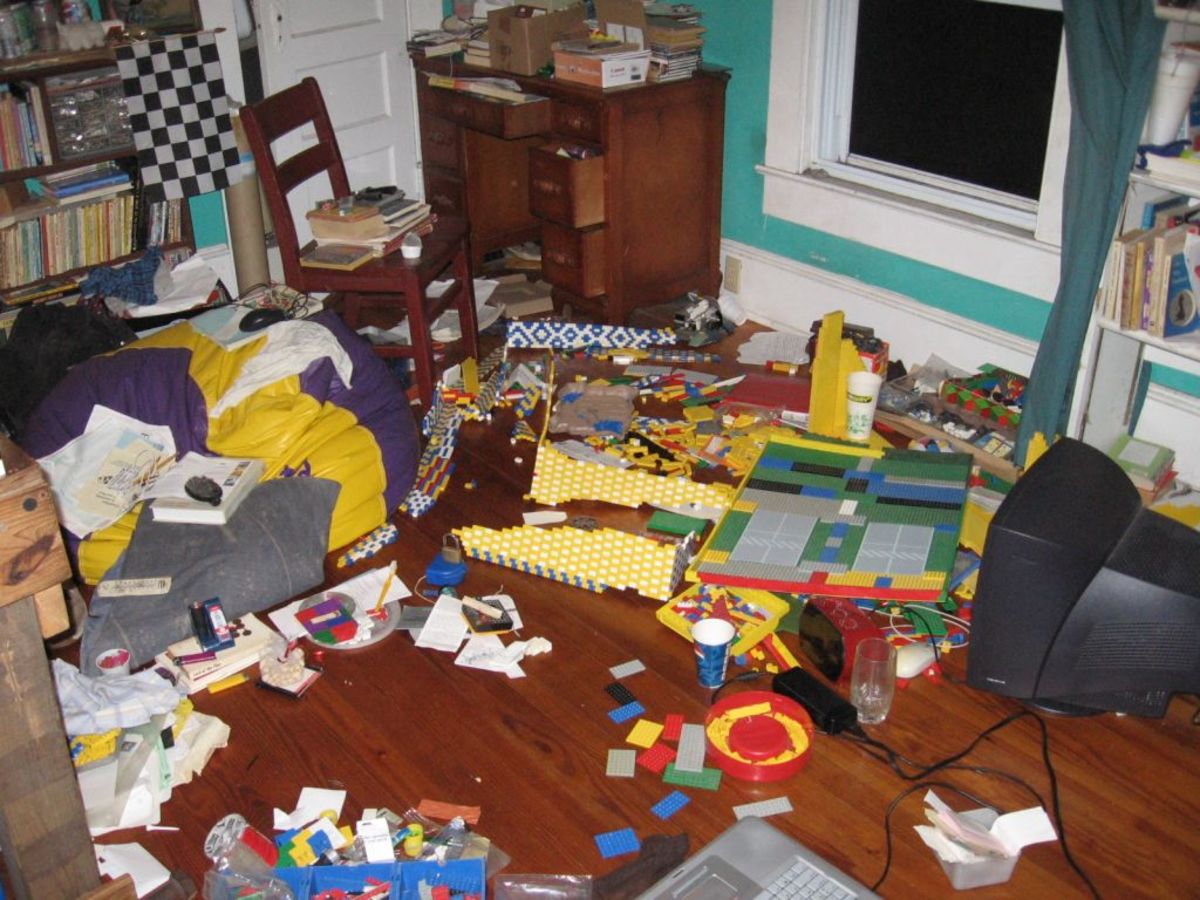Be Organized and Feel Better
Benefits of Being Organized

A Neat and Tidy Home is Important for Many Reasons
Our psychological well being is tied to having a neat and tidy home. Clutter can take over and make it even harder to make your environment a more pleasant environment.
You can’t run away from clutter, it will follow you. The only way to handle clutter is to organize it. Clutter disrupts your life. When you can’t find things, you can feel helpless, angry, frustrated and trapped.
Clutter, if not managed invades every corner of a person’s environment. From every part of the house to file cabinets, to the car, and even pockets and pocketbooks, physical clutter can cause mental clutter.
Clutter causes stress by slowing productivity, wasting time, losing, and creating worries. Clutter causes us to work longer, and affects our mood.
Honor Yourself, Honor Your Environment
Keeping things tidy makes things more functional in your environment and reduces stress. Healthy environments and healthy relationships foster happiness, and both have much to do with how you respect, value, and honor yourself.
People with a low self esteem may attract people who mistreat them. Honoring yourself, my honoring your environment has a connection to how feel about yourself and how you let people treat you.
Give yourself 15 minutes each day to let yourself relax, decompress, and let in some creativity to re-energize yourself. This will help you gain the strength it takes to keep your home organized.
When your space functions, you function. If you let clutter take over your home, your office, your car, your life, you are holding yourself back.
Organizing Tips
A way to start organizing is to separate your stuff into three piles:
- what to keep
- what to shred
- what to give away or throw away
Clear off all your shelves, your drawers, your closets, your rooms, one area at a time.
Instead of putting the things you need to take care of in a pile, use a peg board to hold some stuff to make it easy to see and easy access for you.
How to clean a closet, which can be applied to any space:
- take everything out of the closet
- look at what you have
- put things into organizing bins and boxes, or on shelves.
- put the things you are throwing out or giving away into marked plastic garbage bags
- set up some bins for stuff that doesn’t belong in the closet, but you aren’t sure where to put it yet.
- question some items of whether they are worth keeping or not
The rule of thumb for getting rid of items is the answer to this question: if you haven’t seen it or used it within a year, get it out of your home. When it comes to keeping clothing, ask yourself if it fits and if you wore it within the last year. Unless there is a sentimental value to it, give the clothes away.
Organizing Can Be Overwhelming
Sometimes organizing can be overwhelming and that can inhibit you from even starting the de-cluttering process. The best way to attack the stuff is to tell yourself you only have to put in 15 minutes of organizing time. This will make it easier for you to manage what you are doing.
How to unclutter your email- check your email once or twice a day. Take care of any communication right away to avoid putting it off for later.
Handling your written mail so it doesn’t accumulate unanswered. Everyday, set up a time that is devoted to your incoming mail. During this time, take care of the mail immediately by taking action. Mail should either be shredded, filed, or tossed after you have taken care of it, The most efficient thing you can do, is touch the mail only once.
Everything should have a home. instead of piling everything on top of each other, put it in a specially designated spot, as soon as the item or papers enter your room.
Set up a regular routine to go through everything in every room and dedicate your time to purging the items.
If you do these things and keep up a regularly scheduled time to organize, you will not have to battle clutter.
What Clutter Does to You
The dynamics of your family is also affected by clutter and can interfere with everyone humming along at their optimal level. A home that is neat will feel more comfortable, and energetic for the people in the home. A tidy home creates a positive environment, and a pleasant place to be.
Clutter takes up valuable space and can create embarrassment when people come over. When a home is cluttered, people may not want other people to come over to their house and this can impact their social activities. Clutter can cause anxiety, and make a person feel overwhelmed and resentfulness.
Clutter can be managed when you take control of the situation and allow yourself to let go of the emotional meaning behind the reason you clutter. When your environment becomes more organized, you may find yourself thinking more clearly and more confidently. You will find yourself functioning better and being more efficient.
Getting control of clutter is similar to making any other change, do it a step at a time, in small tasks that bring you results you can see and feel. Try not to let yourself feel controlled by the overwhelmingness of it all. Do whatever you can in a day, a week, a month, so that you are making inroads, no matter how long it takes. Clutter makes us feel bad for many reasons:
-
it restricts you physically, whether from too much furniture, or too much stuff around. Clutter makes it difficult to maneuver around a room, or do your work in the room.
-
Clutter makes it harder to find things. You may be wasting a lot of time looking for things and spending extra money to replace the things you can’t find.
-
Clutter makes it harder to have company over. It becomes hard to put things away, if you are not putting things away on a regular basis. Keeping on top of things makes it easier to put things away as needed.
-
Clutter makes it hard to have an orderly existence. A tidy home makes it easier to feel like you have some control in your life, and makes things feel more stable. People who are not in control of their lives tend to be less successful, and benefit less psychologically and physically.
Neaten Up and Enjoy
In order to unclutter, it starts in your mind. Psychologically, it is important to understand what the clutter may mean to you, so that you break the cycle of coming back to you.
Often it can be hard to get rid of stuff, for several reasons, which do you fall into:
- I can’t resist a sale and collect things even if I don’t really need it
- I hold onto things for sentimental reasons
- I like to have stuff around
- I might need it one day
- I don’t have a place to put it, so I just leave it around
- I am overwhelmed and don’t know where to start
The best time to get organized is today. Make a list of the places you want to neaten up.
Each week focus on one area that you will work on. Some rooms need more attention than others. Celebrate your accomplishments for each area that you clean up. Toss out the things you have not used in over a year.
Get in the habit of making better decisions about what you do with your stuff and the stuff you bring into your environment. Be decisive, and trust yourself and your future, that you will be okay without some of your stuff.
Keep the things that bring you joy. Don’t buy things because you think they will make you happy. Honor yourself and your environment. Show respect to yourself and your home, work, car, pocketbook, and other areas you use.
Make New Habits
Make new habits that become a natural part of yourself. The idea of uncluttering is to create less stress. Don’t start the uncluttering process by being stressed. Make it a natural progression towards simplifying your life.
Let this change bring about a renewed sense of peace and order in place that needs to be a safe haven for you and your family. Let joy and satisfaction fill you up in place of the clutter that was really interfering with your self fulfillment and natural sense of who you really are. Being organized starts in your head and ends up in your home.
Some tips for being more organized:
-
have a place for everything, it could be a basket, a shelf, a drawer, a nail on the wall.
-
make your organizing practical, put the things you use in easy to access places
-
make things easy to find by keeping items that are similar together.
-
consolidate items that are the same
-
save space by taking things out of boxes that you don’t need
-
tweak, update and maintain on a daily, weekly, and monthly basis, depending on what the area needs.
-
evaluate if you still need it. When in doubt, toss it out.
-
make it easy on yourself to keep things neat. Organize for your lifestyle
-
put back in its place what you have used
Appreciate Yourself, Appreciate Your Environment
The more you clutter the less control you have. Take a few minutes to envision how you really want your environment to look. Have a picture in your mind’s eye of where things go. Let your home be filled with the beauty of neatness.
Sometimes we afraid to get rid of thing because we think we need it. Trust in the future, trust in yourself, that you will be okay without it. Often, it is simplicity that makes us happier. Unclutter and you may find that you feel better, have more money, and can be more efficient in all the things you do.
Sometimes we clutter because we are searching for things to fill us emotionally. It is important to understand yourself and the void you are feeling. Stuff never helps us emotionally, it only holds us back.
Appreciate your home and treat it with respect and as a precious place to shelter what is really important to you. Don’t get distracted by possessions that you attribute false beliefs and false hopes. Get rid of the clutter and unanchor yourself from the chains of the past.








